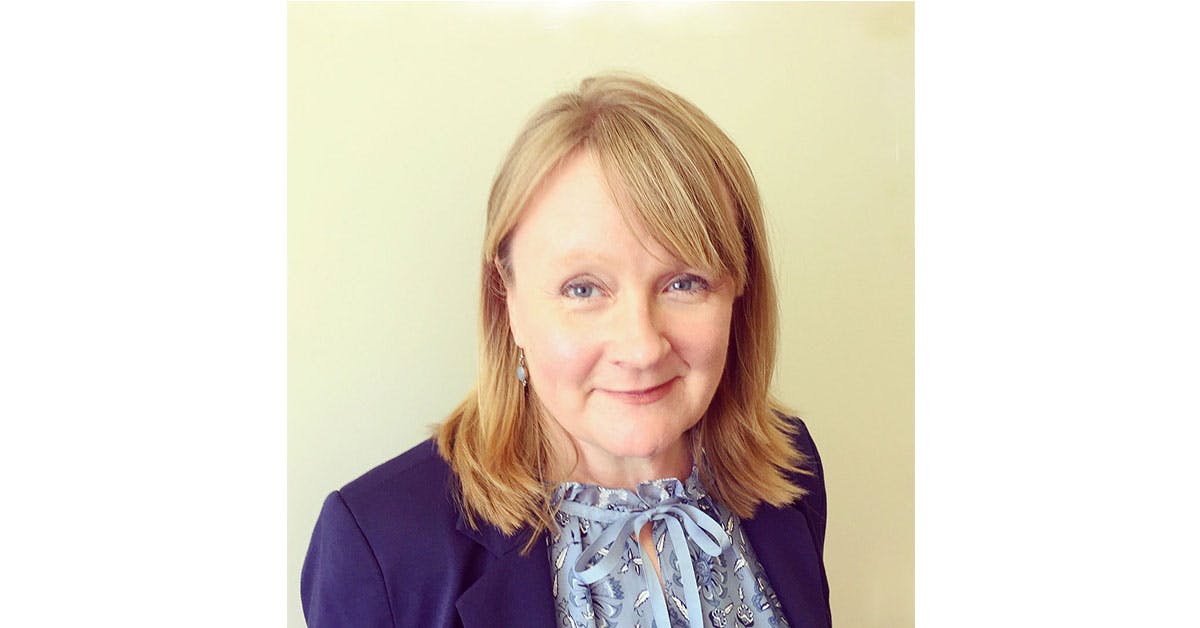
2019 Interview with Dr. Ursula Dalinghaus
Dalinghaus, Visiting Professor of Anthropology at Ripon College and affiliated scholar at the Institute for Money, Technology & Financial Inclusion, IMTFI, University of California, wrote another, widely acclaimed paper two years ago, “Keeping Cash – Assessing the Arguments about Cash and Crime” which helped clarify the role cash played (or rather not) in criminal activities.
Drawing on the accumulated expertise on cash and digital monetary technologies of the Institute for Money, Technology & Financial Inclusion (IMTFI) and the latest research across policy, industry, and academic sources, this paper highlights particular qualities of cash – design features that no other method of payment offers – that have so far been overlooked in discussions about a future payments landscape.
Cash Matters: Dr. Dalinghaus, if you had only one key takeaway to summarize the most important finding of your white paper on cash as a public good – what would it be?
Dalinghaus: For me, the key takeaway is that physical cash will continue to have a vital and complementary role to play alongside digital well into the future, not only as a method of payment but also as a democratizing force – an important form of power-sharing between issuer and user that is distinct from digital-based money. Cash increasingly gets discussed as a passing form that will eventually be replaced by digital, if not soon, then sometime in the distant future. In contrast, this paper shows that physical cash is irreplaceable. One reason is that people value the ability to choose from multiple payment forms. Another, even more substantial argument for cash is that the cash infrastructure serves a vital public role since cash can circulate independently of its issuer and it can work offline. Evaluating the historical and cross-cultural evidence on how people use physical currency, it is clear that there is something crucial about the materiality of cash as a distributed form, which allows it to be part of such diverse practices, financial, political, and social. Precisely this flexibility is what makes cash indispensable as a public medium that everyone in society can use and access.
"Cash is a phenomenal technology when you think about it."
CM: How does your academic background in anthropology inform your approach?
Dalinghaus: As an anthropologist I have learned how to think about money – and cash in particular – across time and space, through remarkably diverse sets of practices, meanings, and relationships of power. Anthropologists are especially interested in the “how” of money and payment, which lends itself well to the kinds of interdisciplinary collaborations and research insights that IMTFI and this paper exemplifies. People’s practices and experiences with monetary technologies at the local level are crucial for understanding broader connections and trends in the payments landscape. They show how trust in technologies like cash endure over time, and why cash is essential to people’s daily financial and social lives.
CM: The study discusses the essential and enduring role of cash in societies across the globe – what should 'adamantly cashless' readers take note of?
Dalinghaus: One aspect of cash that I think adamantly cashless readers should take particular note of is the important role that physical cash plays as a tangible accounting tool. This is an underappreciated quality of cash that has both practical and symbolic importance in an increasingly digital world. Cash is a phenomenal technology when you think about it. In one context, cash is a means of keeping precise accounts, for example, when physical cash denominations are counted, arranged, recorded (such as with receipts), and stored in particular ways. In another context, cash can be given or spent in ways that show that no accounting is needed or desired. Both of these dimensions are essential to the ways in which people work together to share financial resources and communicate social relationships through money in a variety of contexts, formal and informal. What we see time and again across empirical cases is that these unique qualities of cash work in concert with digital options.
CM: Why is the reframing the cash debate in light of public infrastructure so important?
Dalinghaus: All payments require an infrastructure, including cash. But cash is not simply one among many payment methods, but is indeed foundational to the public infrastructures of domestic and international monetary systems. Cash has been such a ubiquitous part of our financial lives for so long, it is easy to lose sight of the unique role of cash, particularly its legal tender status, in the larger payment system. Reframing the debate in terms of cash as a public infrastructure brings into view the wider set of relationships that make payments possible, but also the distinct public nature of the cash infrastructure in contrast to privately controlled digital payment networks.
Reframing the debate in terms of cash as a public infrastructure brings into view the wider set of relationships that make payments possible, but also the distinct public nature of the cash infrastructure in contrast to privately controlled digital payment networks.
Digital payments depend upon this public infrastructure that cash makes possible even as cashless proponents work to undermine and oppose cash. For this reason it is important to call attention to the ways in which cash is part of a publicly accessible and guaranteed payment infrastructure that is vital to public life and economic stability and therefore needs to be supported and maintained. At the same time, the physical and distributed form of cash denominations that can be held, stored, circulated, and exchanged throughout and across economic communities allows cash to be a “people’s account” in terms of political and economic accountability.
CM: Two years ago, you wrote the white paper, 'Keeping Cash: Assessing the arguments about cash and crime' – what has changed since then in the debate about cash?
Dalinghaus: There is definitely a growing body of research on cash usage and a greater awareness of the importance of cash in the payments landscape, not only for the un- and under-banked, but also as an integral part of the current global monetary system. At the same time, much more nuanced and interdisciplinary research is needed to better understand how and why people use particular payment forms. While quantitative measures of cash usage at the point of sale, ATM withdrawals, cash in circulation, as well as overall demand for cash are important, there is still very little empirical research that gets at the “how and why” of payment choice, the varied reasons that people continue to use cash in their daily lives, and the extent to which surveillance and data privacy concerns will inform a greater turn to cash in the future.
"Importantly, researchers and policy makers need to take into account the ways in which payment choice is being channeled into digital to the detriment of cash not because people no longer want to use cash, but because they can’t when their access to cash is cut off or cash payments are refused."
Importantly, researchers and policy makers need to take into account the ways in which payment choice is being channeled into digital to the detriment of cash not because people no longer want to use cash, but because they can’t when their access to cash is cut off or cash payments are refused. Instead, greater attention is needed on the ways that the cash infrastructure can be supported, adding to the resilience of the payments system as a whole. I hope that this new paper on cash as a public infrastructure is a beginning not an endpoint in sparking new and other kinds of questions for cash research, policy initiatives, and regulatory oversight.

Dr. Ursula Dalinghaus, Visiting Professor of Anthropology at Ripon College and affiliated scholar at the Institute for Money, Technology & Financial Inclusion, IMTFI, University of California, Irvine
